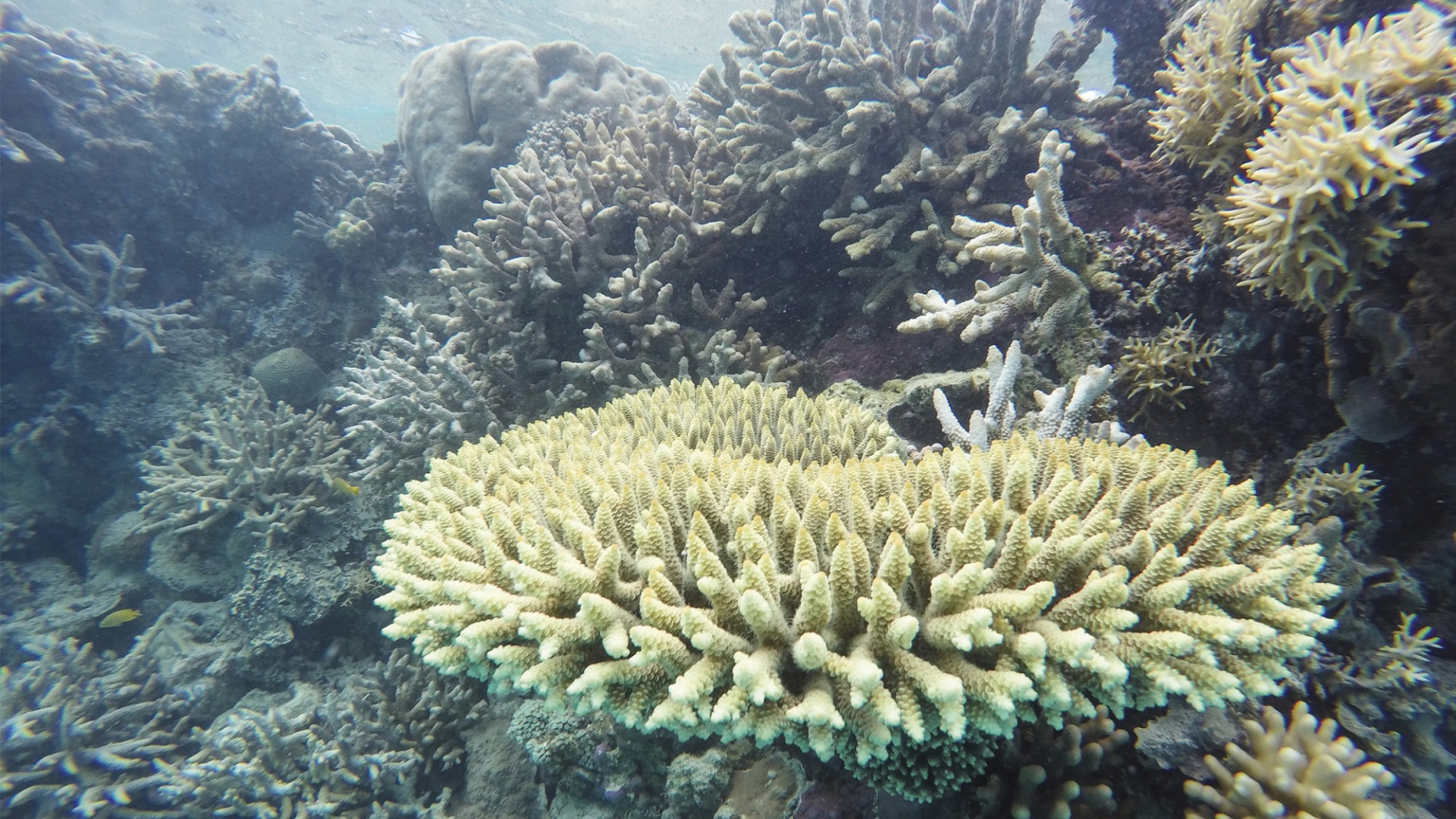Published on UNESCO website: https://whc.unesco.org/en/news/2544
Earlier this month, Ningaloo Coast UNESCO World Heritage site in Australia released a pioneering resilient reefs strategy that is aimed at securing the long-term conservation of the coral reef and its communities in a rapidly changing climate. The strategy takes a uniquely holistic view of the threats facing Ningaloo Reef together with the needs of local communities and businesses and proposes priority actions to support thriving, resilient ecosystems and long-term sustainability for the people who depend on the reef.
Rising temperatures, localised human impacts and seasonal visitor pressures are expected to increase at Ningaloo Coast over the coming 20-50 years. These changes are expected to coincide with marine heatwaves and increased storm and cyclone intensity over the next 20 years and rising sea level, ocean acidification and changes in ocean currents from around 2070. An economic contribution study published in 2021 illustrated that Ningaloo Coast World Heritage area - one of the largest fringing reefs in the world - contributes about AUD$110 million to the GDP of Australia annually. The Ningaloo Coast Resilience Strategy responds to the growing environmental concerns while allowing the community and local businesses to thrive over the long run.
The strategy was developed through a community-driven process led by the Resilient Reefs Initiative and will act as a collaborative funding framework for future conservation action. Community discussions generated 40 priority objectives to enhance resilience across five key themes, including, thriving ecosystems, educated and empowered community, sustainable development and livelihoods, pro-active and data driven management, and leadership in sustainability. The strategy’s launch paved the way for an initial AUD$1 million in seed funding to kick start implementation from where the necessary partnerships and financial support will be built to deliver the priority objectives over the long term.
The Ningaloo Coast release is the first major milestone of the global Resilient Reefs Initiative that is currently being deployed at four pilot UNESCO World Heritage-Listed coral reefs, including, Rock Islands Southern Lagoon in Palau, Lagoons of New Caledonia: Reef Diversity and Associated Ecosystems in France and the Belize Barrier Reef Reserve System in Belize. All three World Heritage sites are expected to release their climate resilience strategies in 2023.
The Resilient Reefs model provides a blueprint for how reef management authorities globally can understand reef and community threats collectively and take a holistic approach to preparing their sites for the impacts of climate change.
Resilient Reefs is a global, six-year, AUD$14 million program (approximately USD$9.5 million at time of writing), established by the Great Barrier Reef Foundation in collaboration with UNESCO, The Nature Conservancy’s Reef Resilience Network, Columbia University’s Center for Resilient Cities and Landscapes, Resilient Cities Catalyst and AECOM.
Read more about the Resilience Strategy for Ningaloo World Heritage site here.
